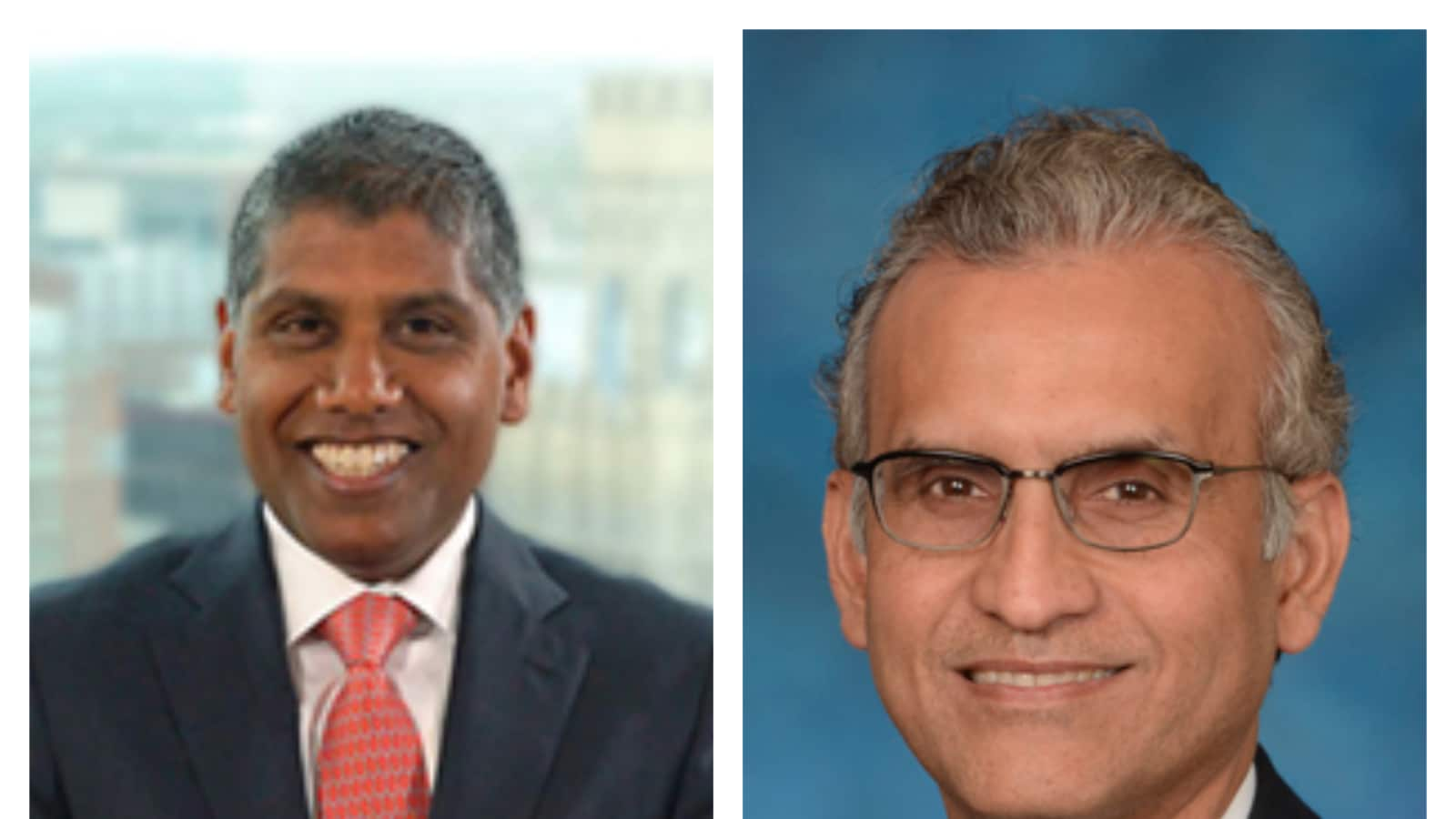Pig Heart Transplanted Into Human Body: India-Pakistan Link to Team Behind Surgery
The successful transplantation of a genetically modified pig’s heart into the body of a human, which is a medical first, on Tuesday was a major achievement for the doctors and researchers of the University of Maryland School of Medicine (UMSOM). The team behind the successful transplantation, however, has an India-Pakistan connection.
One of surgeons who was directly involved in the transplantation was Dr Muhammad M. Mohiuddin, MD, who is scientific and program director of the Cardiac Xenotransplantation Program at the University of Maryland School of Medicine (UMSOM). Pakistan-born Dr Mohiuddin is also one of the leading experts on transplanting animal organs, known as xenotransplantation. He also serves as the professor of surgery at the UMSOM.
“This is the culmination of years of highly complicated research to hone this technique in animals with survival times that have reached beyond nine months. The FDA used our data and data on the experimental pig to authorize the transplant in an end-stage heart disease patient who had no other treatment options,” Dr Mohiuddin said according to a statement released by the UMSOM and the University of Maryland Medical Center (UMMC). Dr Mohiuddin received his MBBS degree from Karachi’s Dow Medical College in 1989. He moved to the US and then received his first fellowship in transplantation biology at University of Pennsylvania and later fellowship in bone marrow transplantation at Institute of Cellular Therapeutics, Drexel University.
He further added that the information and findings that the team came across during the operation will benefit the medical community in the future. “The successful procedure provided valuable information to help the medical community improve this potentially life-saving method in future patients,” he said.
Dr Mohiuddin assisted Dr Bartley P. Griffith, MD in transplanting the pig heart into the body of David Bennett, a Maryland resident.
The team’s efforts were lauded by Indian-origin US citizen Dr Mohan Suntha, who serves as the president and chief executive officer of the University of Maryland Medical System(UMMS).
“The University of Maryland Medical System is committed to working with our University of Maryland School of Medicine partners to explore, research, and in many cases implement the innovations in patient care that make it possible to improve quality of life and save lives,” Suntha said, according to a statement. He also lauded the patient for his courage. “We appreciate the tremendous courage of this live recipient, who has made an extraordinary decision to participate in this groundbreaking procedure to not only potentially extend his own life, but also for the future benefit of others,” he further added.
Dr Suntha served the UMMS throughout his entire career. He has served several faculty and clinical appointments throughout his tenure and is a member of the American College of Radiation Oncology and the American Society for Therapeutic Radiology and Oncology. He received his MBA from Wharton School of Business at the University of Pennsylvania and also was responsible for turning around the fortunes of University of Maryland St. Joseph Medical Center in the year 2016 where he served as president and CEO. He received his MD from Jefferson Medical College and his BA from Brown University.
Read all the Latest News, Breaking News and Coronavirus News here.
For all the latest world News Click Here

